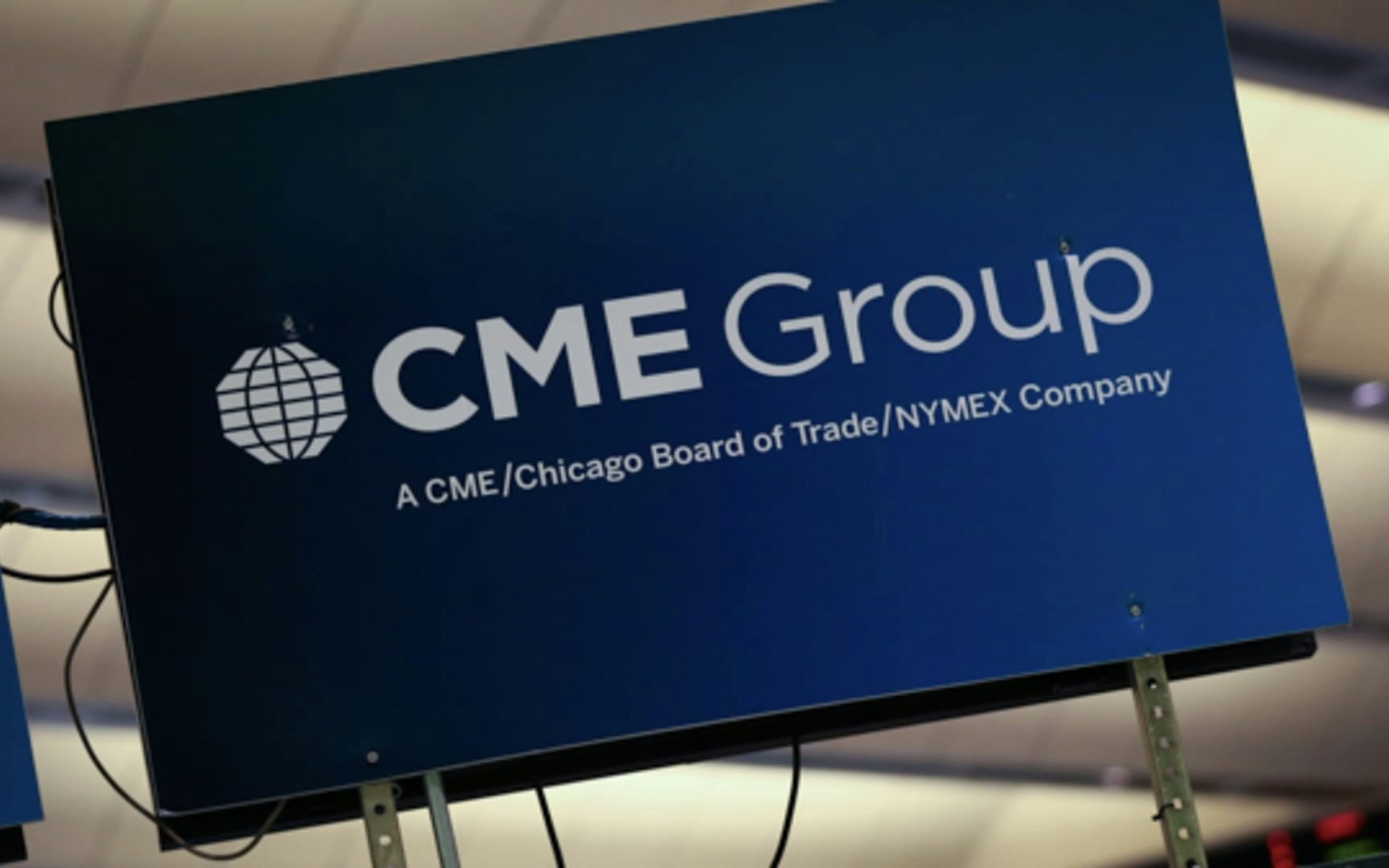The CME Group, the world's largest derivatives exchange, has recently received approval to operate as a futures broker, allowing it to directly compete with banks and brokers. This has sparked strong reactions in the industry, as market participants fear that this could lead to conflicts of interest and affect market security.
With the new license, CME is allowed to serve customers directly and impose margin requirements, which is usually reserved for brokers. "Only a monopolist would try to bypass its own customers," criticized Lou Scotto, CEO of FMX, a direct competitor of CME. The Futures Industry Association (FIA) expressed similar concerns: "There are inherent conflicts of interest when a single firm controls trading, clearing, and brokerage functions," stated Walt Lukken, CEO of FIA and former CFTC commissioner.
Terry Duffy, CEO of CME Group, defended the move as a necessary step to adapt to the changing needs of customers. However, the approval also raises legal questions, as the CME Group, as a quasi-regulatory institution, has broker oversight and could thus exert direct influence over competitors. Gary Gensler, Chairman of the SEC, has sharply criticized similar structures in the crypto sector and emphasized that traditional financial markets do not experience such a consolidation of services.
The decision of the National Futures Association (NFA) to grant a license to the CME Group is being overseen by the Commodity Futures Trading Commission (CFTC), which has not yet issued a statement.







